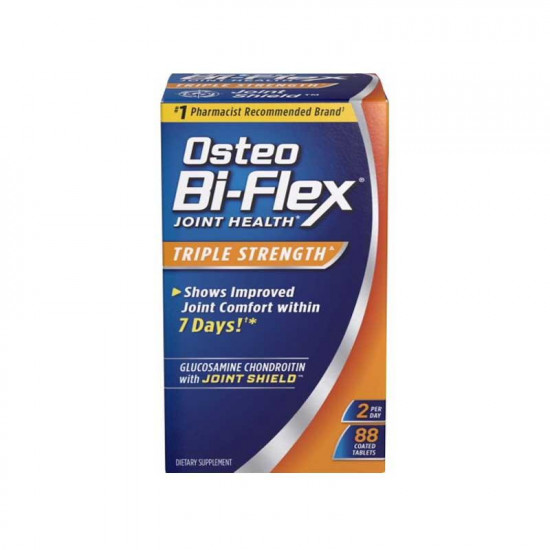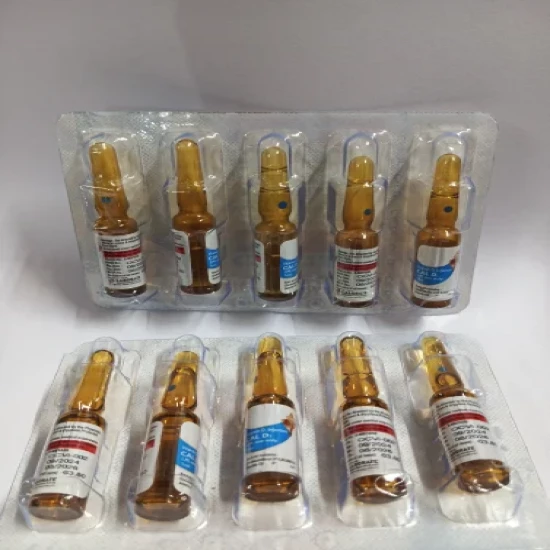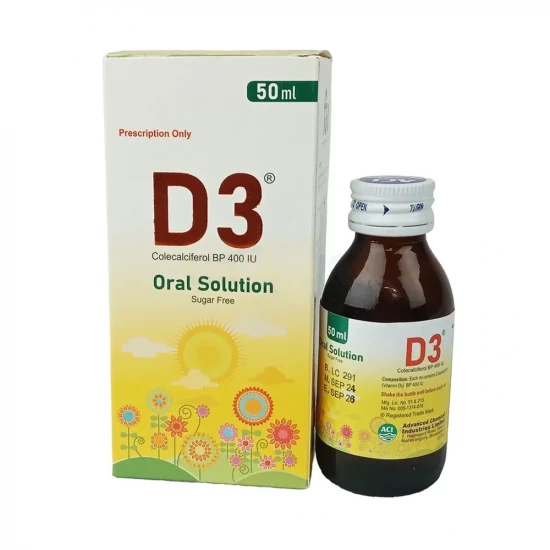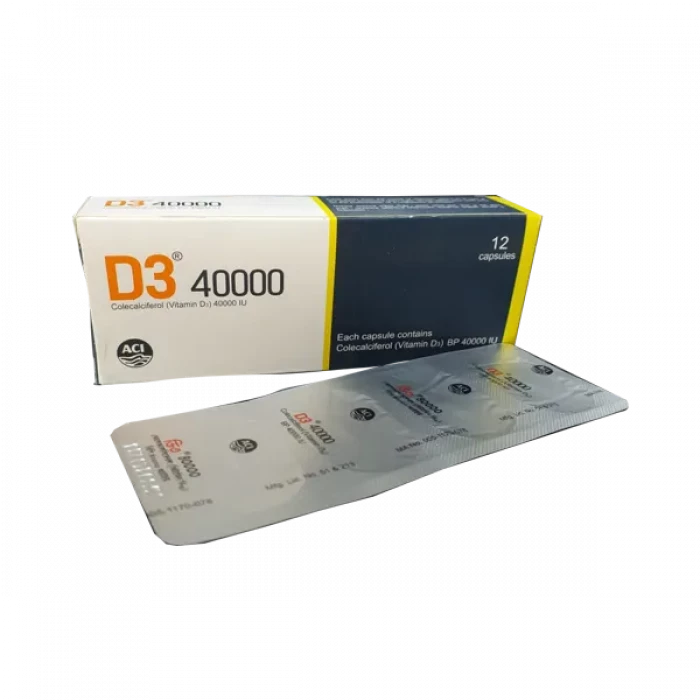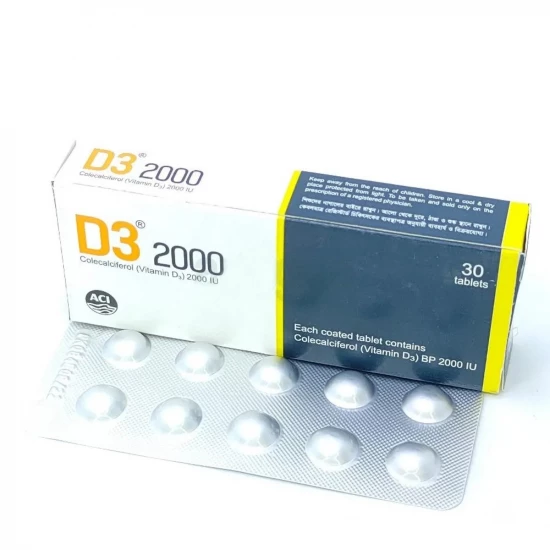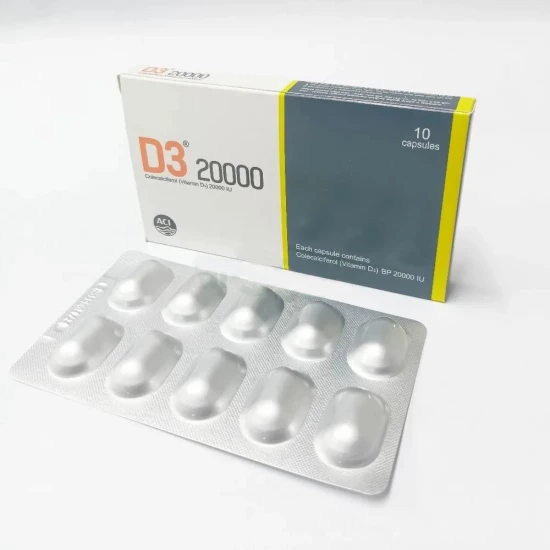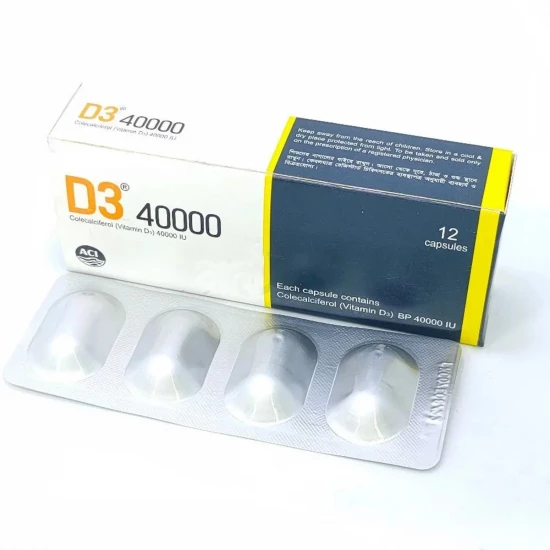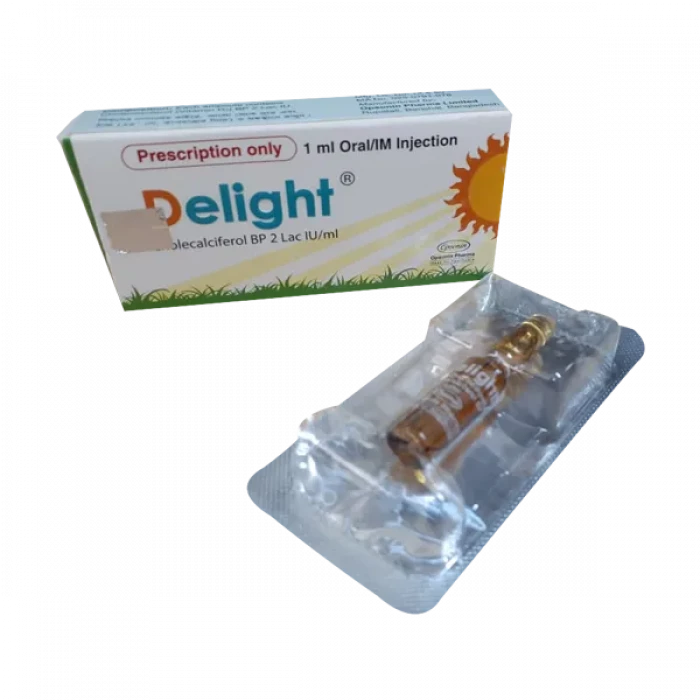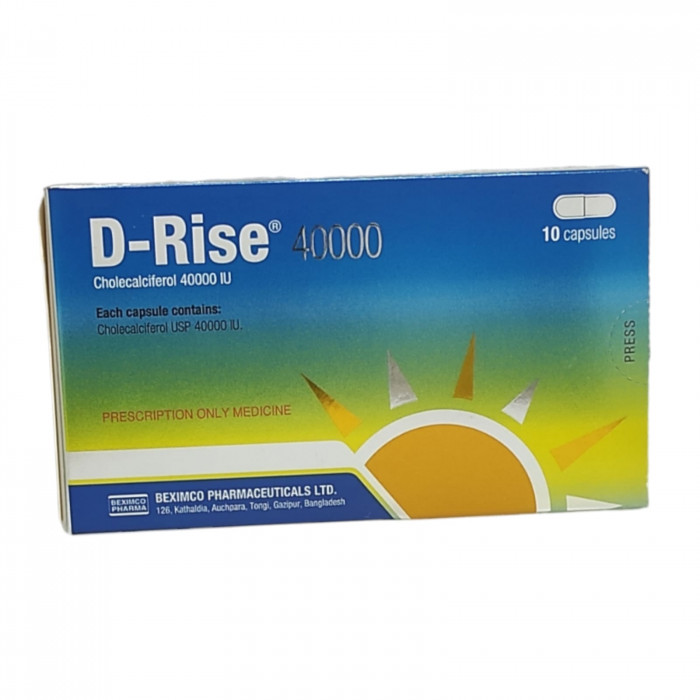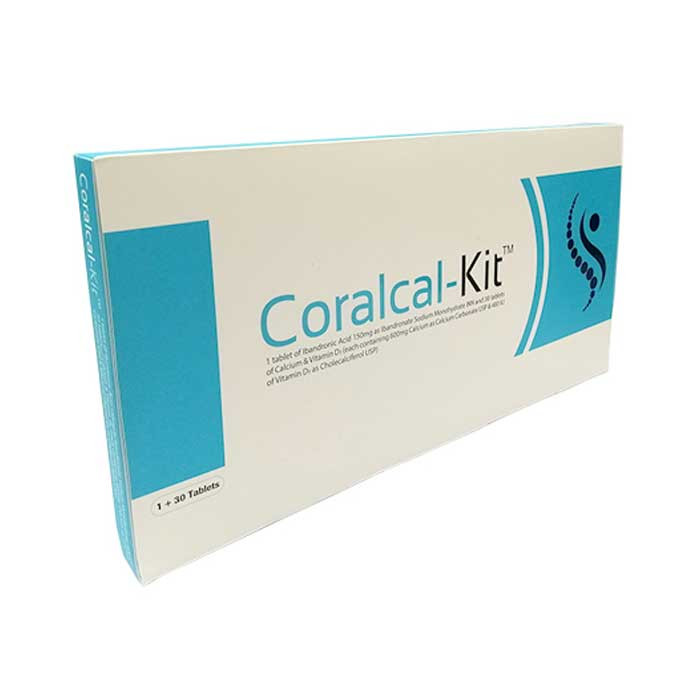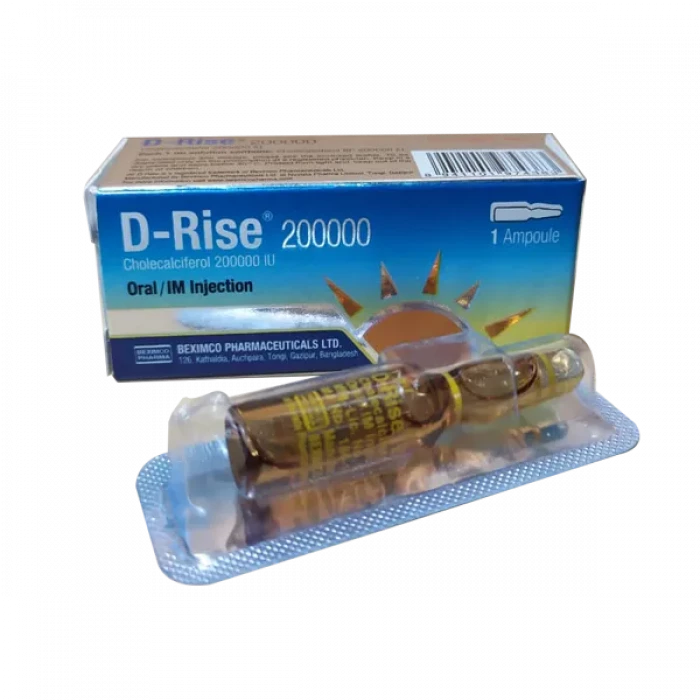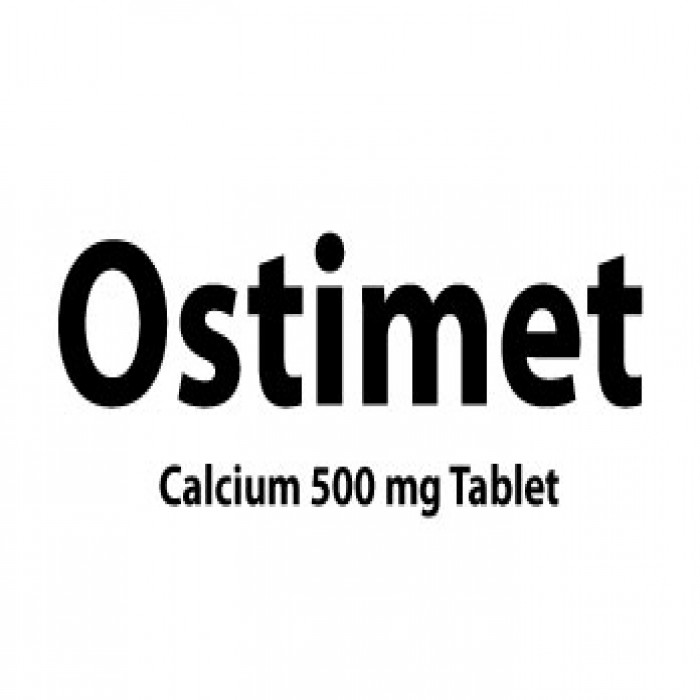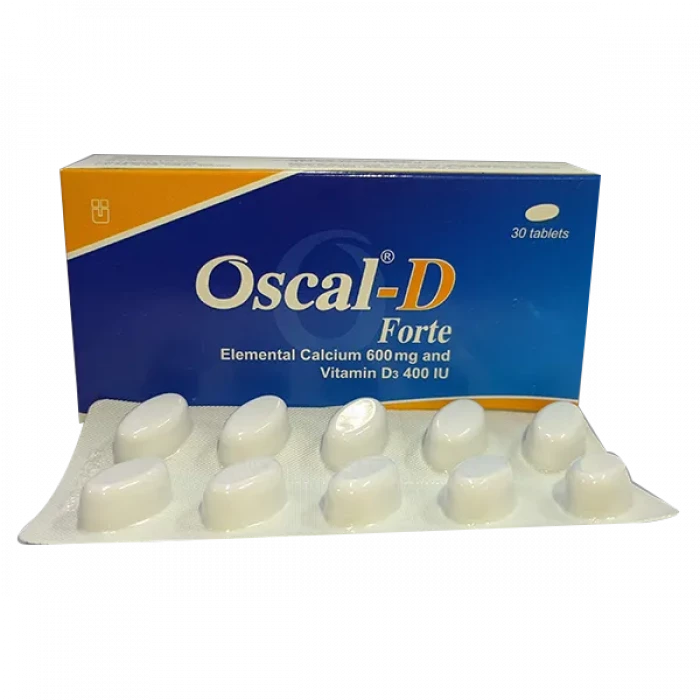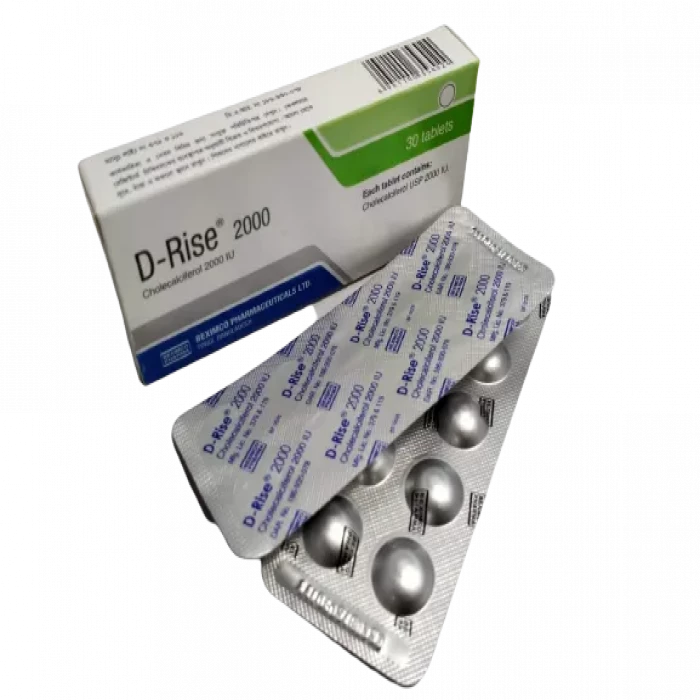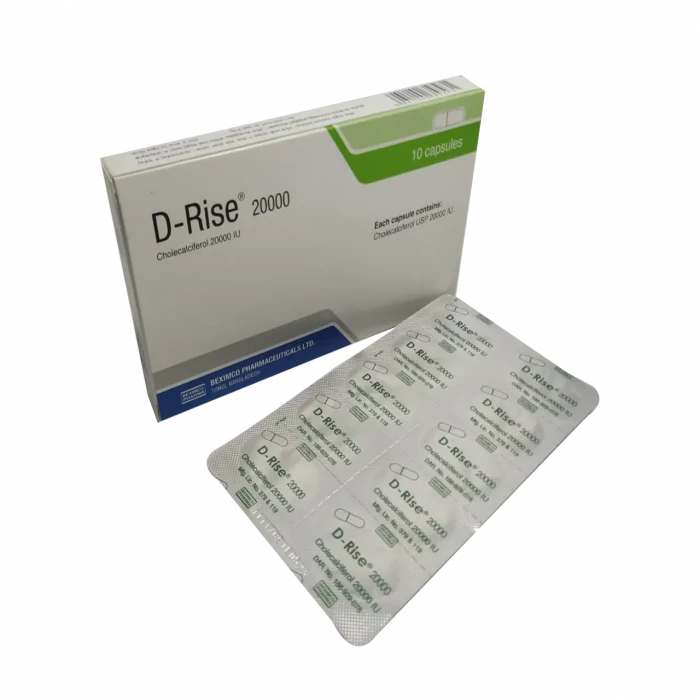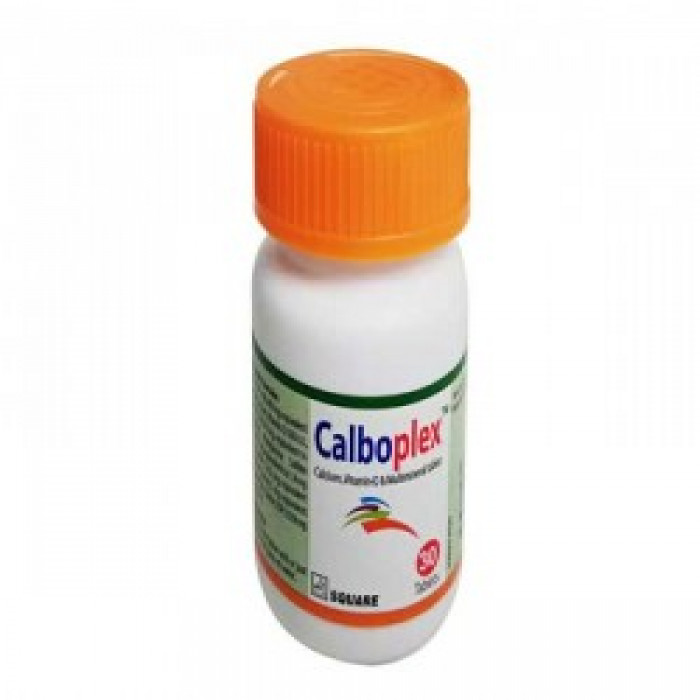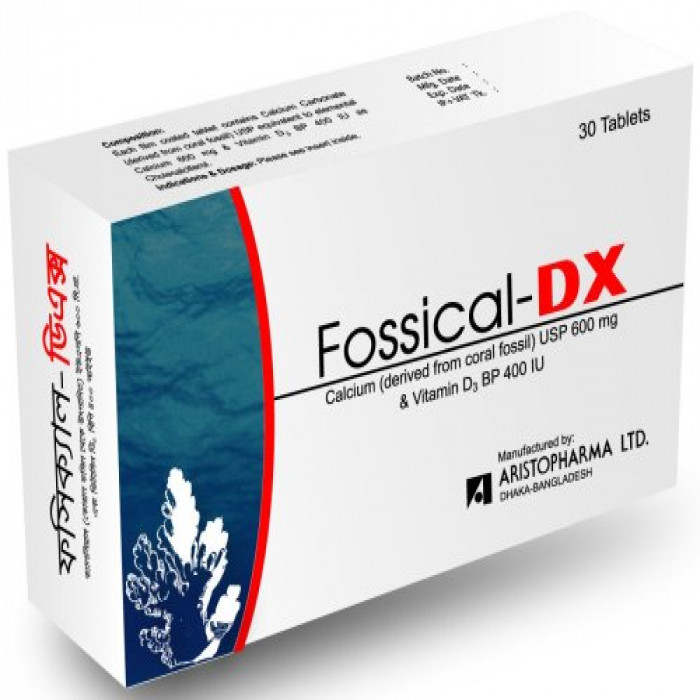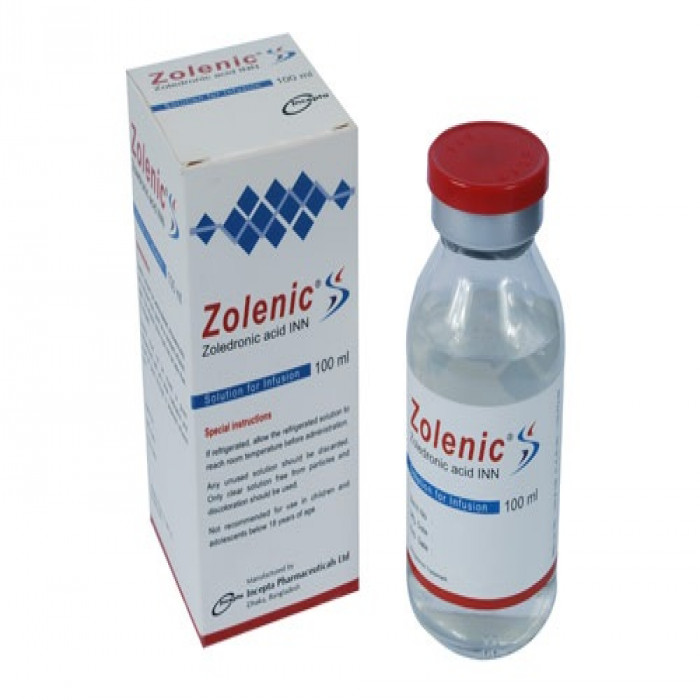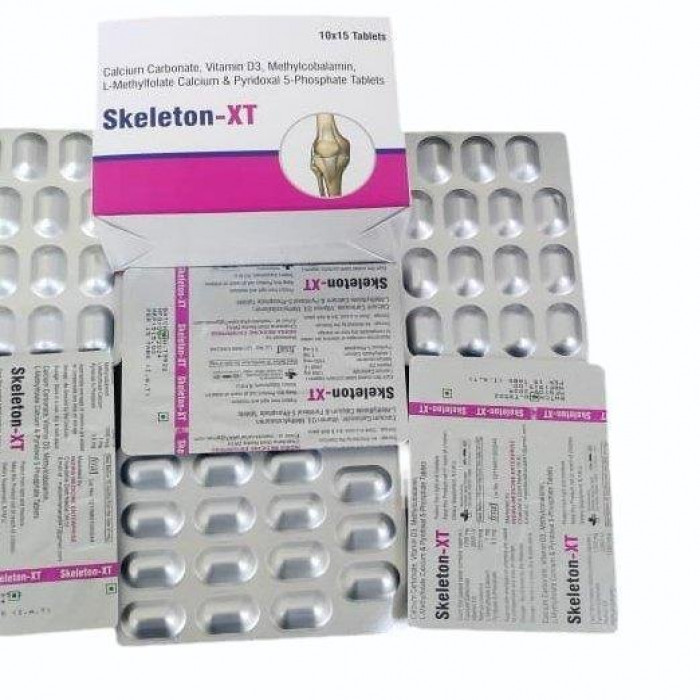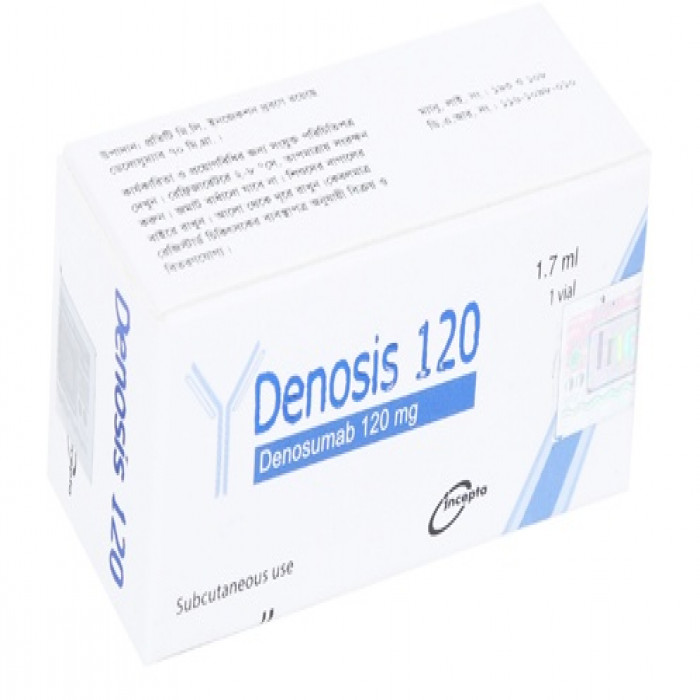
✔ 100% Authentic Product
👁️ Currently Viewing 2896
Denosis 120/1.7ml Injection
Injection
Generic Name: Denosumab
Manufacturer: Incepta Pharmaceuticals Ltd.
Discount
Price: ৳ 33,250
MRP:
৳
35000
5%
Off

100% Genuine Products, Guaranteed

Safe & Secure Payments, Always

Fast, Secure & Efficient Delivery

Proper Packaging
 Cash on Delivery - All over Bangladesh
Cash on Delivery - All over Bangladesh Regular Delivery - 12-24 Hours, Dhaka City* Charge Tk.39-59
Regular Delivery - 12-24 Hours, Dhaka City* Charge Tk.39-59 Regular Delivery - 24-48 Hours, Other Cities* Charge Tk.99-110
Regular Delivery - 24-48 Hours, Other Cities* Charge Tk.99-110
🌙 রমযান অফার 🌙
 ফ্রি ডেলিভারিঃ - ৭৯৯ টাকা+ অর্ডারে, ঢাকা
শহরে
ফ্রি ডেলিভারিঃ - ৭৯৯ টাকা+ অর্ডারে, ঢাকা
শহরে ফ্রি ডেলিভারিঃ - ২৭৯৯ টাকা+ অর্ডারে, ঢাকার
বাহিরে
ফ্রি ডেলিভারিঃ - ২৭৯৯ টাকা+ অর্ডারে, ঢাকার
বাহিরে
📲 মোবাইল অ্যাপ অর্ডারে সাশ্রয় বেশী
-
Google Play Store থেকে ডাউনলোড
-
Apple Store থেকে ডাউনলোড
100% Genuine Products, Guaranteed
Safe & Secure Payments, Always
Fast, Secure & Efficient Delivery
Proper Packaging
 Cash on Delivery - All over Bangladesh
Cash on Delivery - All over Bangladesh Regular Delivery - 12-24 Hours, Dhaka City* Charge Tk.39-59
Regular Delivery - 12-24 Hours, Dhaka City* Charge Tk.39-59 Regular Delivery - 24-48 Hours, Other Cities* Charge Tk.99-110
Regular Delivery - 24-48 Hours, Other Cities* Charge Tk.99-110 ফ্রি ডেলিভারিঃ - ৭৯৯ টাকা+ অর্ডারে, ঢাকা
শহরে
ফ্রি ডেলিভারিঃ - ৭৯৯ টাকা+ অর্ডারে, ঢাকা
শহরে ফ্রি ডেলিভারিঃ - ২৭৯৯ টাকা+ অর্ডারে, ঢাকার
বাহিরে
ফ্রি ডেলিভারিঃ - ২৭৯৯ টাকা+ অর্ডারে, ঢাকার
বাহিরে- Google Play Store থেকে ডাউনলোড
- Apple Store থেকে ডাউনলোড
🌙 রমযান অফার 🌙
📲 মোবাইল অ্যাপ অর্ডারে সাশ্রয় বেশী
✅ Description:
Denosis 120 is a medicine used in the treatment of osteoporosis in postmenopausal women and in men at increased risk of fractures. It makes the bones strong and reduce the risk of fractures. Denosis 120 is given by a healthcare professional and should not be self-administered. You should use it regularly and at the same time each day to get maximum benefit from it. Continue using it as recommended by your doctor and complete the dose even if you feel better. To make it more effective, take adequate amount of calcium and vitamin D supplements while on treatment with this medicine. Some common side effects of this medicine include pain in extremity, musculoskeletal pain, nerve pain, urinary tract infection, constipation, and rash. Talk to your doctor if any of these side effects does not go away with time or get worse. Your doctor may help with ways to reduce or prevent these symptoms. To make sure the medicine is safe for you, before taking it, let your doctor know of all the other medicines you are taking. It is important for pregnant and breastfeeding mothers to ask the advice of their doctors before using this medicine.
Uses of Denosis 120
- Osteoporosis
Side effects of Denosis 120
Common
- Musculoskeletal (bone, muscle or joint) pain
- Pain in extremity
- Nerve pain
- Constipation
- Rash
- Urinary tract infection
How to use Denosis 120
Your doctor or nurse will guide you how to use this medicine.
How Denosis 120 works
Denosis 120 is a monoclonal antibody. It binds to a protein that causes bone loss, thereby strengthening the bone and minimizing the risk of fractures.
What if you forget to take Denosis 120?
If you miss a dose of Denosis 120, please consult your doctor.
Quick Tips
- Xgeva Solution for Injection is a medication used to treat thinning of the bones (called osteoporosis).
- Take calcium and vitamin D to help build your bones when taking Xgeva Solution for Injection.
- Do not take if you are pregnant or plan to become pregnant.
- May cause a rare problem of the jaw (osteonecrosis), mostly seen after a dental procedure. Tell your doctor if you develop sudden jaw pain.
- Xgeva Solution for Injection may also increase the risk of infection. Avoid being close to people with cold, flu or other contagious illnesses.
- Tell your doctor if you develop a rash while taking Xgeva Solution for Injection.
Indications of Denosis Injection
In patients with bone metastases from solid tumors, prevention of skeletal events (pathological fractures, radiation to bone, spinal cord compression, or bone surgery).
Pharmacology of Denosis Injection
Denosumab binds to RANKL, a transmembrane or soluble protein required for osteoclast development, function, and survival. Denosumab inhibits the activation of RANKL's receptor, RANK, on the surface of osteoclasts and precursors. Preventing the RANKL/RANK interaction decreases bone resorption and increases bone mass and strength in both cortical and trabecular bone by inhibiting osteoclast development, function, and survival.
Denosis Injection Dosage & Administration
Subcutaneous Injection: 120 mg once every 4 wk into thigh, abdomen or upper arm. Ca & vitamin D supplements should be given whilst undergoing treatment.
Interaction
Denosumab (60 mg subcutaneous injection) had no effect on the pharmacokinetics of midazolam, which is metabolized by cytochrome P450 3A4 (CYP3A4), in postmenopausal osteoporosis patients, indicating that it should not affect the pharmacokinetics of drugs metabolized by this enzyme in this population.
Contraindications
Intolerance to denosumab or any of the excipients.
Denosis Injection Side Effects
Osteonecrosis of the Jaw, Dyspnoea, Hypocalcaemia, Hypophosphataemia (ONJ).
Pregnancy & Lactation
D is the pregnancy category. Although there is evidence of human fetal danger, the advantages of use in pregnant women may outweigh the risk (e.g., if the drug is needed in a life-threatening situation or for a serious disease for which safer drugs cannot be used or are ineffective).
Precautions & Warnings
Pre-existing hypocalcaemia should be corrected before starting treatment. Jaw osteonecrosis is a condition in which the bone in the jaw begins to deteriorate (ONJ). Prior to treatment, perform an oral and dental examination using preventive dentistry. While on therapy, avoid invasive dental procedures and practice proper oral hygiene. Fractures of the femur that are not normal. Patients with severe renal impairment (CrCl 30 ml/min) or those on dialysis. Use with other denosumab-containing preparations. Lactation and pregnancy. Children
Therapeutic Class
Inhibiting bone resorption
Storage Conditions
Keep the temperature below 30°C and away from light and moisture. Keep out of children's reach.
Brief Description
Indication
Osteoporosis, treatment of men and postmenopausal women with osteoporosis who are at high risk for fracture; treatment to increase bone mass in men at high risk for fracture who are receiving androgen deprivation therapy for nonmetastatic prostate cancer; treatment to increase bone mass in women at high risk for fracture who are receiving adjuvant aromatase inhibitor therapy for breast cancer. Prevention of skeletal-related events (eg, pathological fracture, bone radiation, spinal cord compression or bone surgery) in adults w/ bone metastases from solid tumours. Adults & skeletally mature adolescents w/ giant cell tumor of bone that is unresectable or where surgical resection is likely to result in severe morbidity.
Administration
Administer SC in upper arm, upper thigh, or abdomen; do NOT administer intradermally, IM, or IV Administer calcium and vitamin D as needed to treat or prevent hypocalcemia Avoid vigorous shaking of vial/syringe
Adult Dose
Denosumab 60mg Subcutaneous Osteoporosis 60 mg SC every 6 months Supplement with calcium 1000 mg/day and vitamin D 400 IU/day Aromatase Inhibitor Induced Bone Loss Women with breast cancer: 60 mg SC every 6 months Androgen Deprivation Induced Bone Loss Men with prostate cancer: 60 mg SC every 6 months Denosumab 120mg Subcutaneous Skeletal-Related Events Prevention of skeletal-related events (SREs; eg, bone fractures and pain) in patients with bone metastases from solid tumors 120 mg (1.7 mL) SC every 4 weeks Giant Cell Tumor Treatment of adults and skeletally mature adolescents with giant cell tumor of bone in whom surgical resection is impossible or is likely to result in severe morbidity 120 mg SC every 4 weeks with additional 120 mg on days 8 and 15 during first month of therapy Hypercalcemia of Malignancy Indicated for treatment of hypercalcemia of malignancy refractory to bisphosphonate therapy 120 mg SC q4wk Give 2 additional 120 mg doses during the first month of therapy on Days 8 and 15 Elderly: Based on the available safety and efficacy data in the elderly, no dosage adjustment is required. Hepatic Impairment: The safety and efficacy have not been studied in patients with hepatic impairment.
Renal Dose
Renal Impairment: Based on the available safety and efficacy data in the elderly, no dosage adjustment is required in patients with renal impairment. Patients with severe renal impairment [creatinine clearance (CrCl) <30 mL/min] or receiving dialysis are at greater risk of developing hypocalcemia. Adequate intake of calcium and vitamin D is important in patients with severe renal impairment or receiving dialysis.
Contraindication
Clinically significant hypersensitivity to denosumab or to any of the components. Hypocalcemia.
Mode of Action
Denosumab is a human monoclonal antibody (IgG2) that targets and binds with high affinity and specificity to receptor activator of nuclear factor kappa-B ligand (RANKL) preventing RANKL from activating its only receptor, RANK, on the surface of osteoclasts and their precursors, independent of bone surface. Prevention of the RANKL/RANK interaction inhibits osteoclast formation, function and survival. Denosumab therefore reduces bone resorption and increases bone mass and strength in both cortical and trabecular bone.
Precaution
Correct hypocalcemia prior to initiation of therapy. Patients should receive Ca & vit D supplements during treatment (unless hypercalcemia is present). Skin infections predominantly cellulitis may develop. Osteonecrosis of the jaw in patients w/ advanced cancer. Atypical femoral fracture. Severe renal impairment or undergoing dialysis. Pregnancy & lactation. Childn. Lactation: Unknown whether drug is distributed in breast milk; caution is advised
Side Effect
>10% Back pain (34.7%),Extremity pain (11.7%) 1-10% Musculoskeletal pain (7.6%),Hypercholesterolemia (7.2%),Cystitis (5.9%),Upper respiratory tract infection (4.9%),New malignancies (4.8%, compared with 4.3% in placebo group),Sciatica (4.6%),Nonfatal serious infection (4%),Bone pain (3.7%),Anemia (3.3%),Upper abdominal pain (3.3%),Rash (2.5%),Flatulence (2.2%),Osteonecrosis of jaw (2.2%),Pruritus (2.2%),Hypocalcemia (1.7%) <1% Serious infection of abdomen resulting in hospitalization (0.9%),Serious infection of urinary tract resulting in hospitalization (0.7%),Serious infection resulting in death (0.2%),Pancreatitis (0.2%),Serious infection of ear resulting in hospitalization (0.1%)
Pregnancy Category Note
Pregnancy Contraindicated Based on findings in animals and its mechanism of action, denosumab can cause fetal harm when administered to a pregnant woman In utero exposure in cynomolgus monkeys dosed monthly with denosumab throughout pregnancy at a dose 50-fold higher than the recommended human dose based on body weight resulted in increased fetal loss, stillbirths, and postnatal mortality, and absent lymph nodes, abnormal bone growth, and decreased neonatal growth Present at low concentrations (~2% of serum exposure) in seminal fluid of male subjects receiving therapy; following vaginal intercourse, maximum amount of denosumab delivered to a female partner would result in exposures ~11,000 times lower than the prescribed 60 mg subcutaneous dose; male condom use not necessary as it is unlikely that a female partner or fetus would be exposed to pharmacologically relevant concentrations of denosumab via seminal fluid Contraception Females: Advise females of reproductive potential to use effective contraception during therapy, and for at least 5 months after the last dose of denosumab Males: Denosumab was present at low concentrations (~2% of serum exposure) in the seminal fluid of male subjects; condom use would not be necessary as it is unlikely that a female partner or fetus would be exposed to pharmacologically relevant concentrations of denosumab via seminal fluid Lactation There is no information regarding presence of denosumab in human milk, effects on breastfed infant, or effects on milk production;
Interaction
Increased risk of serious infections w/ immunosuppressive agents.Denosumab did not affect the pharmacokinetics of midazolam, a drug metabolised by cytochrome P450 3A4 (CYP3A4). Incompatibilities:Denosumab must not be mixed with other medicinal products.
⚠️Disclaimer:
At ePharma, we’re committed to providing accurate and accessible health information. However, all content is intended for informational purposes only and should not replace medical advice from a qualified physician. Please consult your healthcare provider for personalized guidance. We aim to support, not substitute, the doctor-patient relationship.




